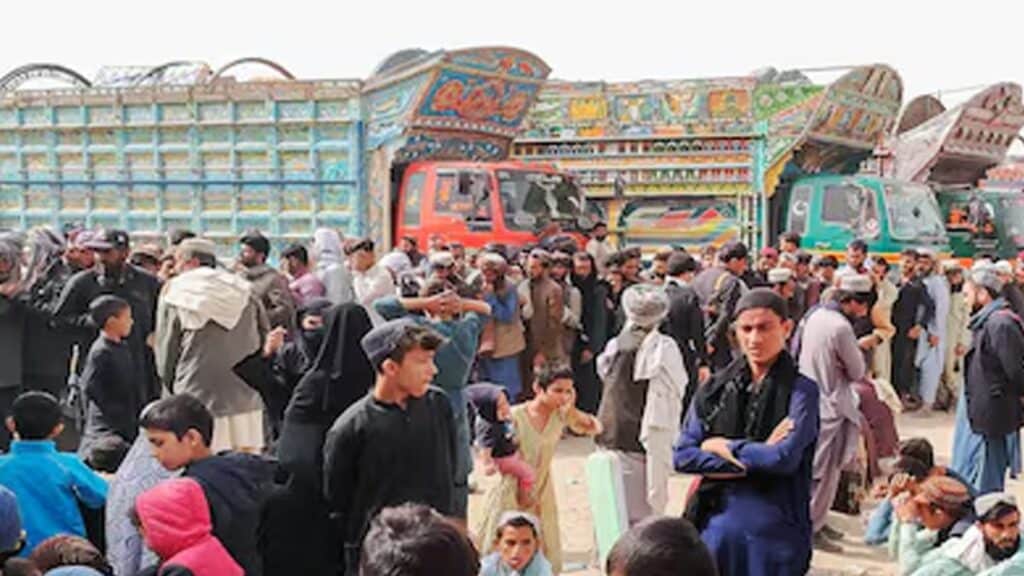In the past three months alone, nearly 2 million Afghan refugees have been forcibly deported from Iran, Pakistan, and Turkey. Despite the scale of the crisis, the Afghan government has done little beyond issuing statements and showcasing unfulfilled plans. For millions of Afghans who fled decades of war, insecurity, and economic hardship, this new wave of displacement signals renewed instability and humanitarian disaster.
According to the Ministry of Refugees and Repatriation, 1,989,593 Afghans have been expelled in the last quarter. Yet on the ground, there is little sign of real reintegration efforts. The government claims progress—surveys for housing settlements, vocational trainings, and emergency cash assistance—but most of these remain on paper with no tangible support reaching the vulnerable returnees.
Roughly six million Afghans still live as refugees abroad, while thousands remain imprisoned in foreign jails, mostly in Iran, Pakistan, and Turkey—countries where Afghan refugee rights are routinely violated.
The Afghan government’s response, constrained by limited capacity, political isolation, and weak governance, has failed to address the root causes of migration—unemployment, lack of education, healthcare, and climate-related crises. The regime continues to offer promises while communities face the burden of survival without jobs, shelter, or basic services.
This crisis is not just a matter for one ministry—it requires national strategy, regional cooperation, and international engagement. Until Afghanistan provides safe, dignified, and stable living conditions for its people, displacement will persist, and every forced return risks fueling further insecurity and social strain.
The current moment is not just a challenge but an opportunity—one the Afghan leadership appears unwilling or unable to seize.





